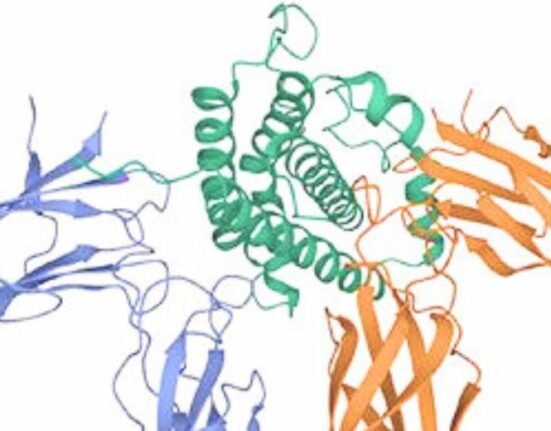HQ Team
May 20, 2024: Vitamin D deficiency is associated with poor outcomes in cardiovascular diseases and chronic kidney disease (CKD) in patients with early-stage disease, according to a study.
The study was done by Yanhong Lin and colleagues from Southern Medical University in Guangzhou, China. They examined the effects of 25-hydroxyvitamin D (25[OH]D) deficiency on cardiovascular mortality and kidney outcomes in patients with early-stage CKD.
This cohort study included 9,229 adult patients with stages 1–3 CKD from 19 medical centers across China between January 2000 and May 2021. The research found that the primary outcome of the deficiency was cardiovascular mortality and the secondary outcome included CKD progression (defined as a sustained > 40% eGFR decrease from baseline or progress to end-stage kidney disease),.
Of the 9229 adults with stages 1–3 CKD, 27.0% and 38.9% had severe (< 10 ng/mL) and moderate (10 to < 20 ng/mL) serum 25(OH)D deficiency, respectively.
“In conclusion, 25(OH)D deficiency was common in patients with early-stage CKD,” the authors write. “Vitamin D status should be closely monitored in patients with early CKD. Well-designed randomized clinical trials are needed to determine whether timely vitamin D supplementation can prevent cardiovascular events and loss of kidney function in patients with early-stage CKD and 25(OH)D deficiency.”
Vitamin D and early intervention
The researchers say that further studies are needed to determine whether early intervention for 25(OH)D deficiency could improve the prognosis of patients with early-stage CKD.
In the past decade, many studies have established the diverse role that vitamin D plays in our body health. With this understanding has come the realisation of the rampant deficiency of the vitamin in the general population. Studies have also established the link between hypovitaminosis D and CKD. These findings have pushed medical researchers to find new approaches in patients treating vitamin D deficiency, especially in those with CKD. Adequate replacement of vitamin D in deficient populations could potentially reduce premature morbidity and mortality.
The study is published in the Journal of Endocrinological Investigation.







